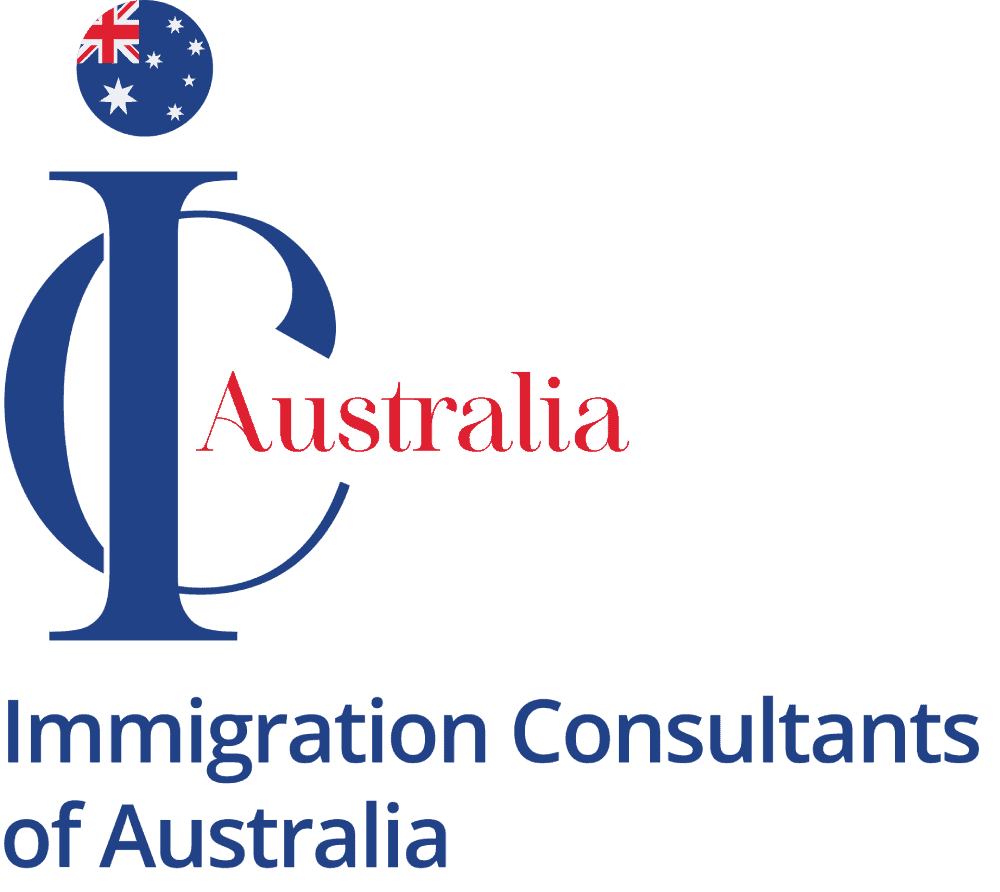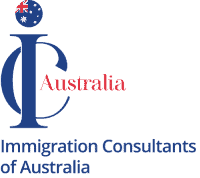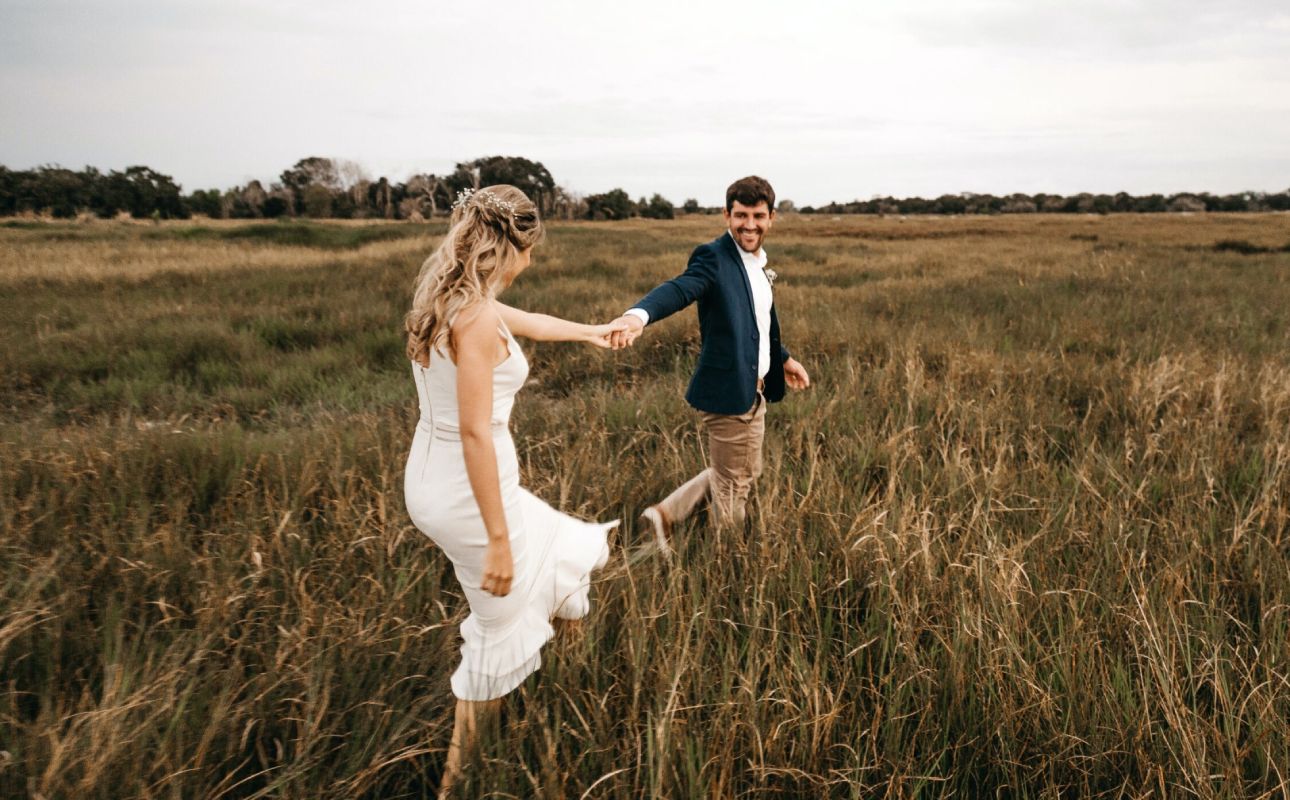Are you considering bringing your spouse to Australia? Navigating the process of obtaining a spousal visa can feel overwhelming, but fear not! In this comprehensive guide, we will unlock the secrets of the spousal visa in Australia and provide you with everything you need to know.
From eligibility requirements to application procedures, we’ll walk you through each step of the process. We’ll explore the different types of spousal visas available, whether it’s for a married partner, de facto partner, or a same-sex partner. Our aim is to provide you with a clear understanding of the options available to you and help you make informed decisions.
We’ll also delve into the documentation needed, such as proof of relationship, character assessment, and health requirements. Additionally, we’ll shed light on the costs involved, processing times, and potential pitfalls to avoid.
Whether you’re an Australian citizen or permanent resident, our goal is to demystify the spousal visa application process and make it as seamless as possible. So if you’re ready to unlock love and embark on this journey with your partner, let’s delve into the world of spousal visas in Australia together.
Requirements for the Spousal Visa
To be eligible for a spousal visa in Australia, there are certain requirements that must be met. Firstly, you must be either an Australian citizen, permanent resident, or eligible New Zealand citizen. Additionally, you must be married to or in a genuine and ongoing de facto relationship with your partner.
For married couples, you will need to provide a marriage certificate as proof of your relationship. If you are in a de facto relationship, you will need to provide evidence of your commitment, such as joint bank accounts, shared bills, or a joint lease agreement.
It’s important to note that same-sex couples are also eligible to apply for a spousal visa in Australia. The Australian government recognizes same-sex marriages and de facto relationships. As long as you meet the requirements, you can apply for a spousal visa regardless of your gender or sexual orientation.
Types of Spousal Visas Available in Australia
In Australia, there are different types of spousal visas available depending on your circumstances. The most common types are the Partner Visa (Subclass 820/801) and the Prospective Marriage Visa (Subclass 300). Let’s take a closer look at each of these visas.
The Partner Visa (Subclass 820/801) is for couples who are already in a committed relationship. This visa allows the applicant to live and work in Australia temporarily while their permanent visa application is being processed. Once the permanent visa is granted, the applicant will have the right to live, work, and study in Australia indefinitely.
On the other hand, the Prospective Marriage Visa (Subclass 300) is for couples who are engaged to be married. This visa allows the applicant to enter Australia and marry their Australian partner within nine months of the visa grant. After the marriage takes place, the applicant can apply for a Partner Visa to remain in Australia.
Step-by-Step Process for Applying for a Spousal Visa
Applying for a spousal visa in Australia involves several steps. It’s important to follow these steps carefully to ensure a smooth application process. Here’s a step-by-step guide to help you navigate through the application process:
- Gather all the necessary documentation: Before starting the application, make sure you have all the required documents, such as proof of identity, proof of relationship, and character assessment documents. This includes passports, birth certificates, marriage certificates, and evidence of joint finances or shared living arrangements.
- Submit an Expression of Interest (EOI): The first step in the application process is to submit an EOI through the Department of Home Affairs’ SkillSelect system. This allows the Australian government to assess your eligibility for a spousal visa. You will need to provide information about yourself, your partner, and your relationship.
- Lodge the visa application: Once your EOI is accepted, you can proceed to lodge the visa application. This involves completing the relevant forms, paying the application fee, and submitting all the required documents. It’s important to ensure that all the information provided is accurate and up to date.
- Undergo health and character assessments: As part of the visa application process, you and your partner will need to undergo health and character assessments. This includes medical examinations and police clearance certificates. The results of these assessments will be taken into consideration during the visa approval process.
- Wait for the visa decision: After submitting the application, you will need to wait for the Department of Home Affairs to process your visa. The processing time can vary depending on various factors, such as the completeness of your application and the current workload of the department. It’s important to be patient during this waiting period.
- Receive the visa grant: Once the visa is approved, you will receive a notification from the Department of Home Affairs. This notification will contain important details about your visa, such as the visa grant number, conditions, and validity period. Make sure to read this notification carefully and comply with all the visa conditions.
Common Challenges and Pitfalls of the Spousal Visa Application
While applying for a spousal visa can be an exciting journey, it’s not without its challenges. Here are some common challenges and pitfalls to be aware of during the application process:
- Insufficient evidence of a genuine relationship: One of the most common reasons for visa refusals is the lack of sufficient evidence to prove that the relationship is genuine and ongoing. It’s important to provide a variety of evidence, such as joint bank statements, photos, and testimonies from family and friends, to support your application.
- Incomplete or inaccurate documentation: Another common pitfall is submitting incomplete or inaccurate documentation. Make sure to double-check all the documents before submitting them. Any missing or incorrect information can delay the processing of your visa or even lead to a refusal.
- Failure to meet health and character requirements: As part of the visa application process, you and your partner will need to meet certain health and character requirements. If either of you has a criminal record or a medical condition that poses a risk to public health, it may affect the outcome of your application.
To avoid these pitfalls, it’s important to seek professional advice and guidance throughout the application process. Immigration lawyers or registered migration agents can provide invaluable assistance and ensure that your application is strong and well-prepared.
Tips for a Successful Application
To increase your chances of a successful spousal visa application, here are some tips to keep in mind:
- Start gathering evidence early: Collecting evidence of your genuine relationship takes time. Start gathering documents, such as joint bank statements, photos, and travel itineraries, as soon as possible. The more evidence you have, the stronger your application will be.
- Provide a detailed relationship history: When submitting your application, provide a detailed history of your relationship. Include important milestones, such as when you met, when you started living together, and when you got engaged or married. This will help demonstrate the genuineness and commitment of your relationship.
- Seek professional advice: Applying for a spousal visa can be complex, and the rules and regulations can change. It’s advisable to seek professional advice from immigration lawyers or registered migration agents to ensure that your application is accurate and compliant with the current requirements.
- Be honest and transparent: It’s crucial to provide accurate and truthful information throughout the application process. Any discrepancies or false statements can have serious consequences, including visa refusal and potential bans from entering Australia.
- Stay organized and keep copies of all documents: Keep a copy of all the documents you submit as part of your application. This will help you stay organized and have a record of all the information provided. It’s also important to keep a copy of the visa grant notification for future reference.
Understanding the Rights and Responsibilities of a Spousal Visa Holder
Once your spousal visa is granted, it’s important to understand your rights and responsibilities as a visa holder. Here are some key points to keep in mind:
- Work and study rights: As a spousal visa holder, you have the right to work and study in Australia. For instance, you can pursue employment or educational opportunities without any restrictions.
- Medicare benefits: You may be eligible for Medicare, Australia’s public healthcare system. This will provide you with access to medical services and subsidize the cost of prescription medications.
- Travel in and out of Australia: With a spousal visa, you can freely travel in and out of Australia during the validity period of your visa. However, it’s important to comply with the visa conditions and not exceed the maximum period of stay outside Australia.
- Sponsorship obligations: If you have sponsored your partner for a spousal visa, you will have certain sponsorship obligations. In fact, this includes providing financial support and accommodation for your partner for a specified period. Additionally, failure to meet these obligations can have serious consequences.
- Permanent residency pathway: Depending on the type of spousal visa granted, you may be eligible to apply for permanent residency in the future. This will give you the right to live and work in Australia indefinitely and access various social benefits.
It’s important to familiarize yourself with the specific rights and responsibilities associated with your spousal visa. The Department of Home Affairs provides detailed information on their website, and it’s advisable to seek professional advice if you have any questions or concerns.
Frequently Asked Questions About the Spousal Visa
Can I apply for a spousal visa if I am not married to my partner?
Yes, you can apply for a spousal visa if you are in a genuine and ongoing de facto relationship with your partner. The Australian government recognizes de facto relationships for the purpose of visa applications.
How long does it take to process a spousal visa in Australia?
The processing time for a spousal visa can vary depending on various factors, such as the completeness of your application and the current workload of the Department of Home Affairs. On average, it can take anywhere from several months to over a year.
Can I work in Australia while my spousal visa is being processed?
If you are applying for a Partner Visa (Subclass 820/801), you will have the right to work in Australia once your temporary visa (Subclass 820) is granted. However, if you are applying for a Prospective Marriage Visa (Subclass 300), you will need to wait until you are granted the subsequent Partner Visa.
Can I include my children in my spousal visa application?
Yes, you can include dependent children in your spousal visa application. However, it’s important to provide evidence of their relationship to you and meet the specific requirements for including dependent children in the application.
Can I apply for a spousal visa if I am in a same-sex relationship?
Yes, the Australian government recognizes same-sex marriages and de facto relationships. As long as you meet the eligibility requirements, you can apply for a spousal visa regardless of your gender or sexual orientation.
Conclusion
Applying for a spousal visa in Australia can be a complex process. However, with the right knowledge and guidance, it can be a rewarding journey. In this comprehensive guide, we have explored the requirements, types, and steps involved in obtaining a spousal visa. We have also discussed common challenges, tips for a successful application, and the rights and responsibilities of a spousal visa holder.
Ready to make Australia your home? Seek assistance from ICAustralia! We simplify the application process and increase your chances of success. Additionally, we guarantee a smooth and successful immigration experience to Australia by crafting a personalized immigration plan that aligns with your unique profile and aspirations. Additionally, we offer comprehensive assistance and guidance from a regulated MARA agent and manage the application submission process on your behalf.
Start your Australian dream by contacting ICAustralia today!


